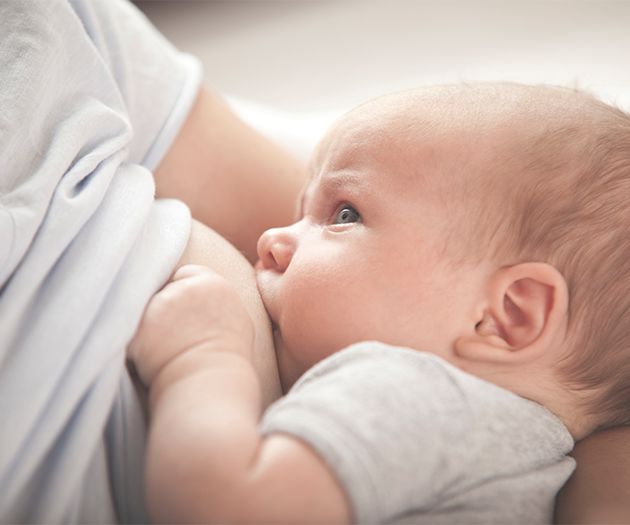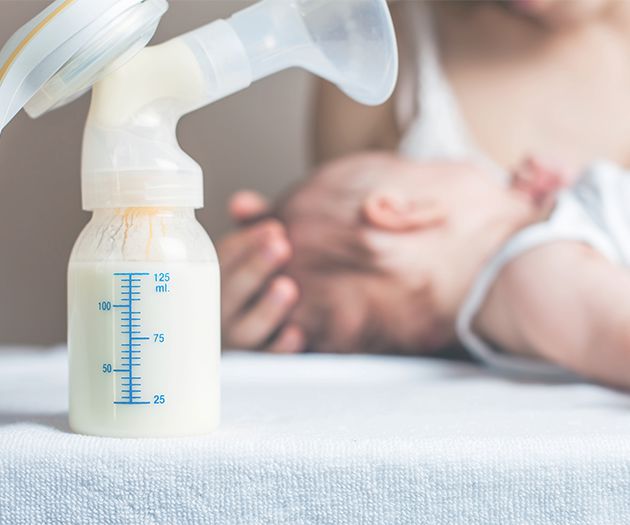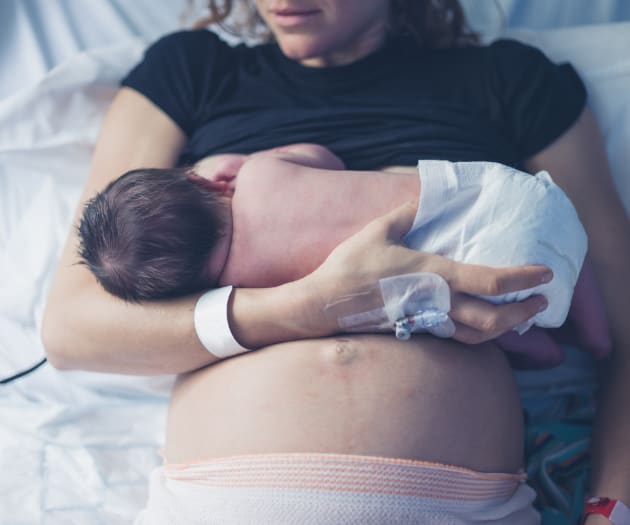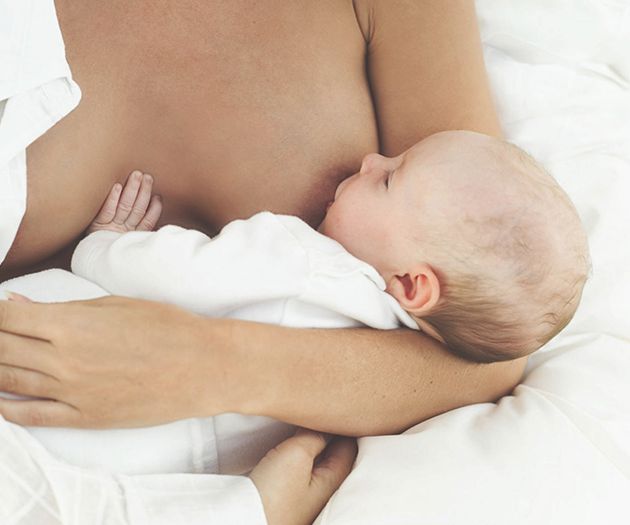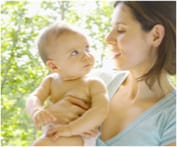Introduction
Responsive feeding can be a wonderful way to create a very special bond with your baby. And while you may find you're feeding more often, and even a couple of times during the night to begin with, you and your little one will soon settle into a routine.
But what is it, and what are the benefits? How to spot baby hunger cues, and how do I know when they are full? Read on to discover more!
What is responsive feeding?
It's all about responding to your baby's feeding needs, such as responding to your baby’s hunger cues rather than waiting until they start crying at a certain scheduled feed time, but also their fullness cues. Your new arrival only has a little tummy and can only hold so much milk. Responsive or 'baby led' feeding is just responding to your baby's needs and feeding them when they're hungry.
Why is responsive feeding important?
Responsive feeding is not just about filling your baby's tummy – it's a way to comfort and reassure them, too, all the while creating those special bonding moments between you and your little one. If you're breastfeeding, responsive feeding has the added benefit of preventing your breasts from becoming uncomfortably full. That's because breast milk is on a supply and demand basis! The more you breastfeed, the more milk you produce. It should mean a happy baby who gets all the milk they need to grow and develop as expected. As always, if you have any concerns about your little one's weight gain or development, have a chat with your healthcare professional.
What are my baby's hunger cues?
You and your baby are unique, and your baby's hunger cues might be different to your friends' little ones of the same age. You know your baby best, and you'll soon recognise when your little one is feeling peckish. They might be a bit more wriggly or start waving their hands around; they might murmur more, fidget or fuss or start sucking their fingers and fists. You might find they wake up for a feed or start gazing at you (or your breasts) longingly!
Does responsive feeding apply to bottle-fed babies too?
Absolutely – it's even more beneficial to your baby if you give your baby some skin to skin contact while responsive bottle feeding. The signs your newborn is hungry will be just the same as breastfed babies, but remember that all little ones are different and may have different baby hunger cues. Make sure you give your baby plenty of breaks during a feed so that you can wind them. Remember the feeding guides are just that, a guide, not a target.
How do I know when my baby is full?
Just like your baby's hunger cues, your baby's 'I'm full' signs can be unique, just like them. You may find they suddenly lose interest in your breast or the bottle and that their attention starts wandering to other things. They might turn their head away, fail to latch on, slow down, stop sucking all together or drift off into a lovely post-feed snooze. Don't forget to give them a burp to get all that excess wind out. Top tip – place a muslin in front of them when you're winding. It might save a bit of clearing up!
I'm worried responsive feeding isn't meeting my baby's needs
Responsive feeding takes advantage of your baby's innate ability to regulate their calorie intake and can actually prolong that ability to self-regulate. It means your baby should naturally be getting the right amount of food for them. Worrying about your baby's weight and feeding is perfectly natural. You just want the very best for them, after all. Your healthcare professional will be on hand to weigh your baby, and regular appointments with them should help you keep a close eye on your child’s development if you have any worries.
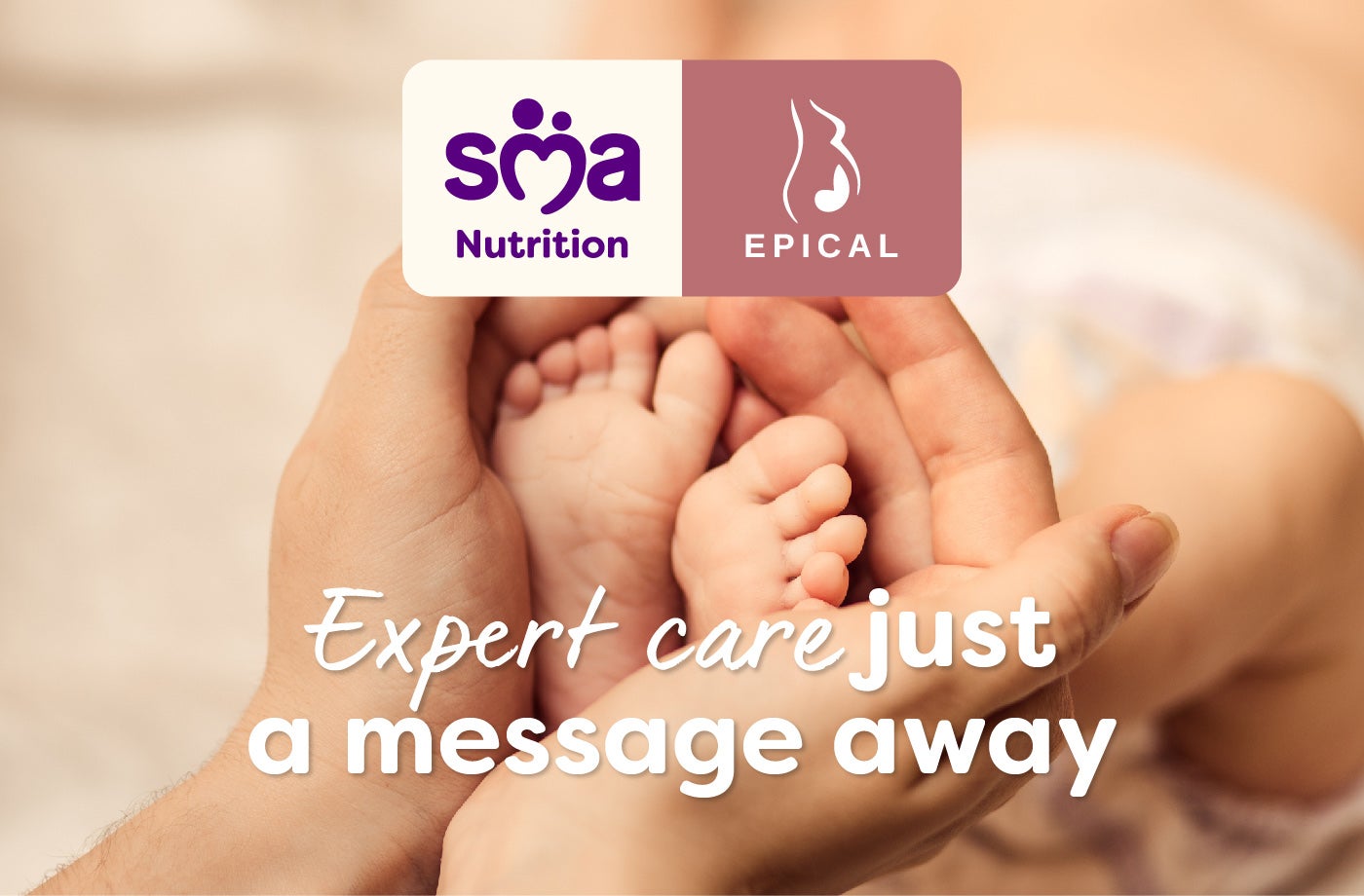
Midwife Live Chat
We have partnered with Epical Global giving our SMA® Baby Club members instant access to a team of expert midwives, ready to answer all your questions. The midwife team are on hand via live chat Monday to Friday, 10am – 8pm.





